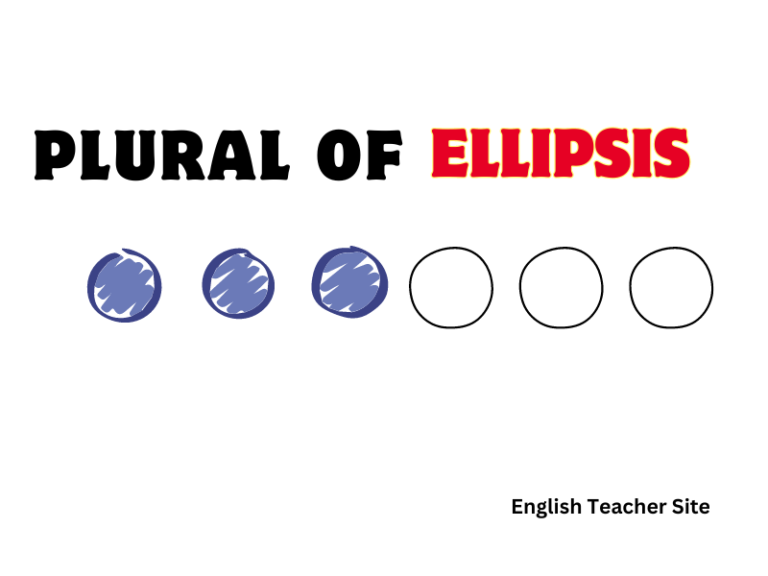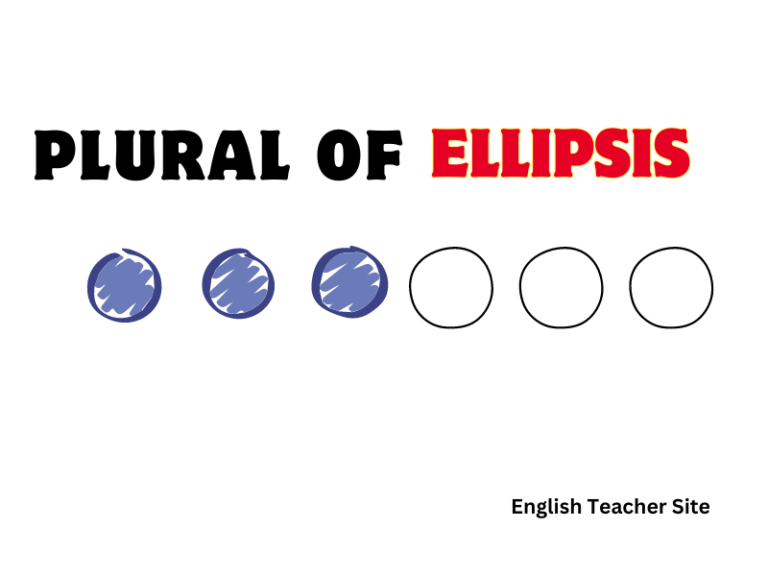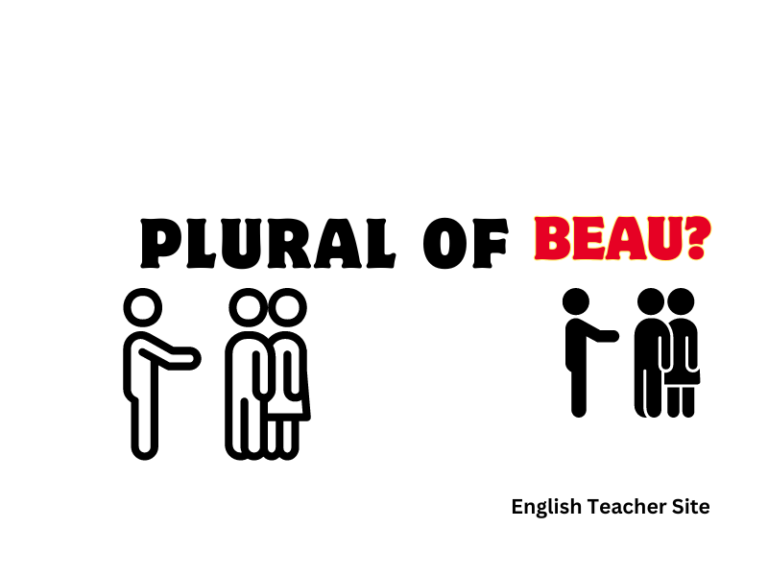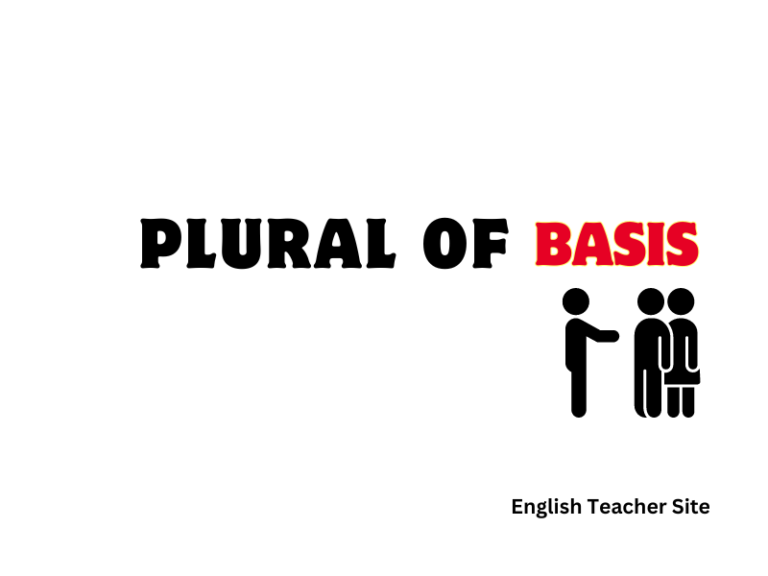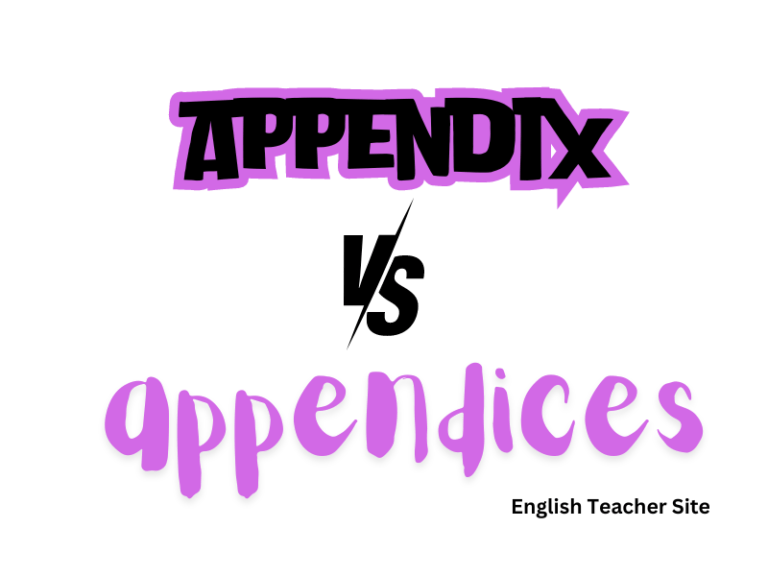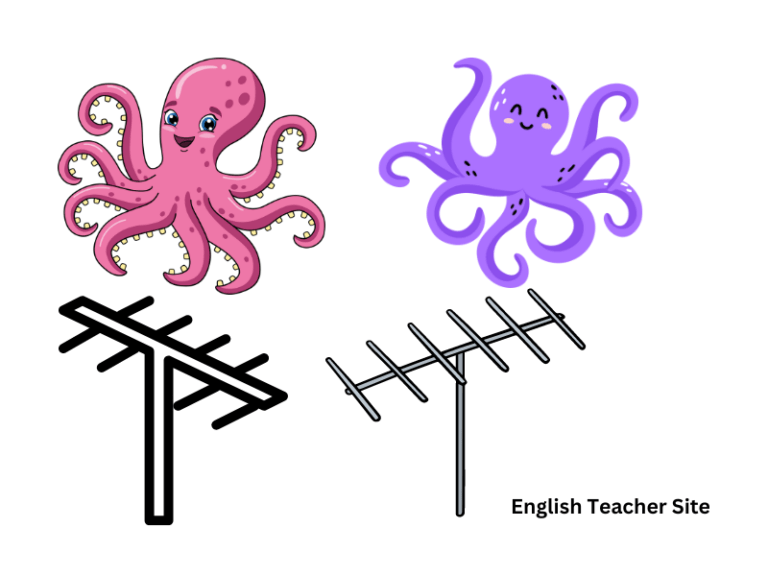What’s the Plural of Focus: Understanding the Variants
When delving into the English language, the question of how to correctly form plurals—especially from words with Latin origins—often arises. The word focus serves as a prime example of such a term where the plural form isn’t immediately obvious. It’s essential for learners to understand that there are two acceptable plural forms for the noun…


